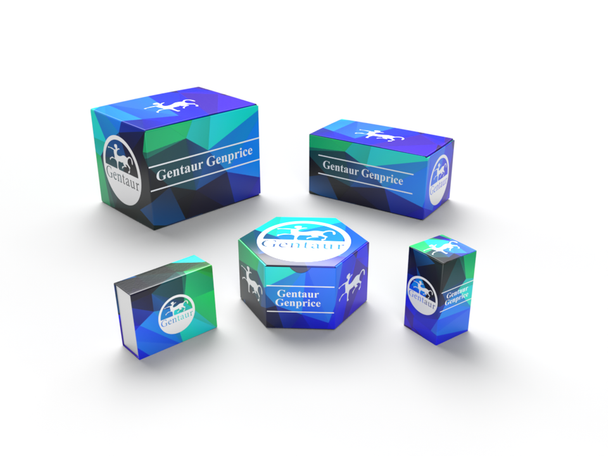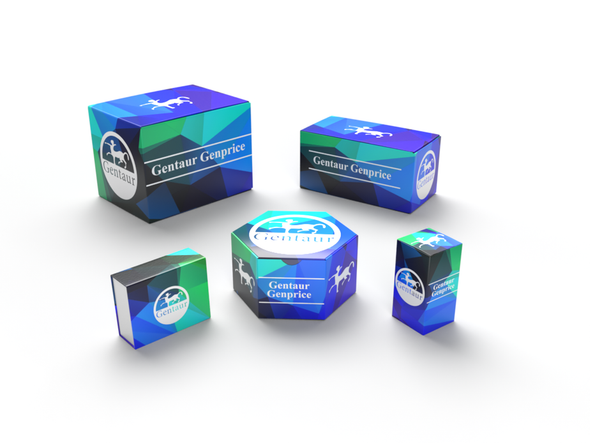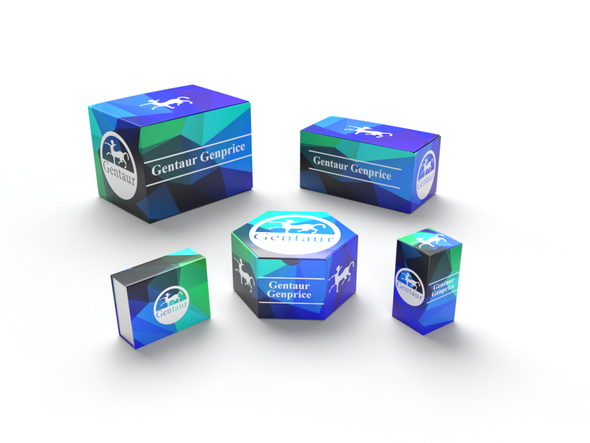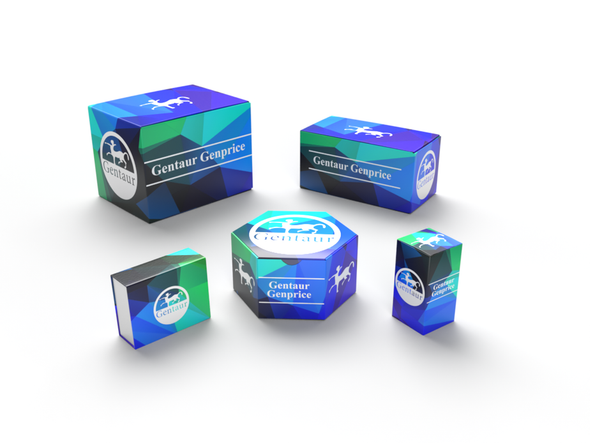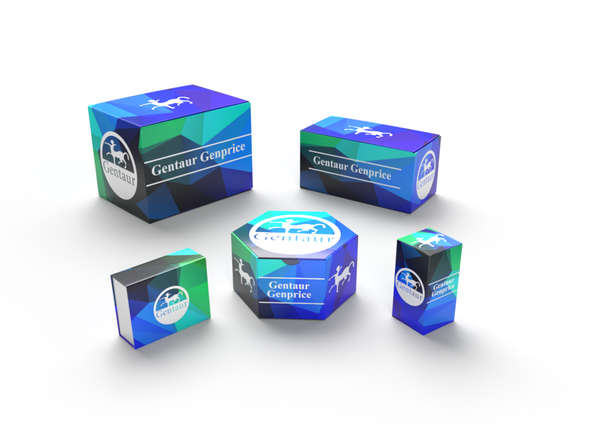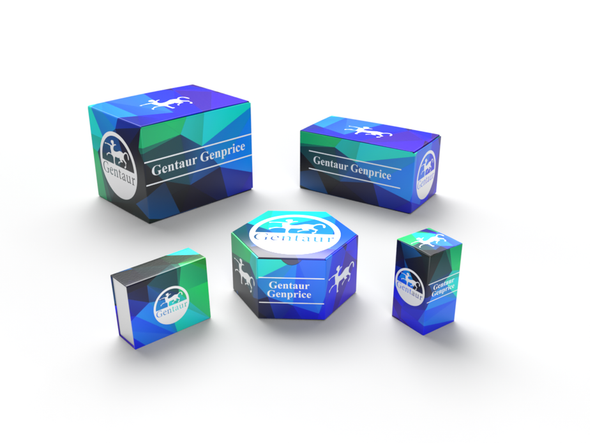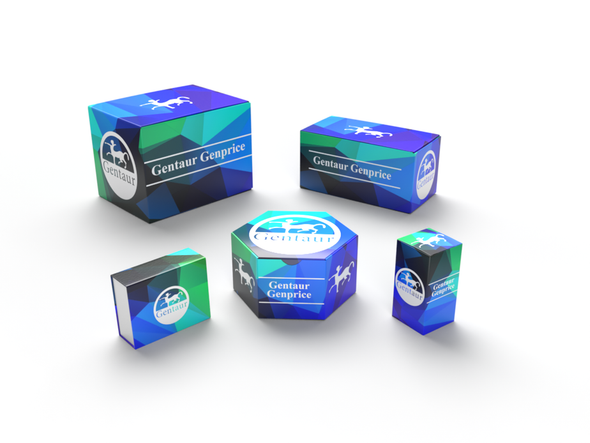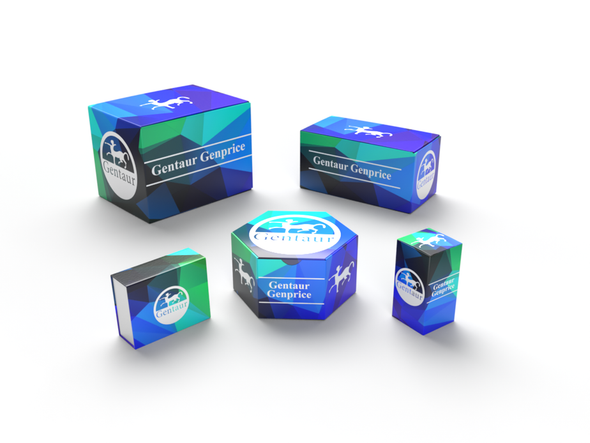Description
Rabbit Anti-Mouse Wnt-3a Antibody | 103-PA15S/103-PA15 | Gentaur UK, US & Europe Distribution
Species: Anti-Mouse
Host / biotech: Rabbit
Comment: N/A
Label: N/A
Clone / Antibody feature: Rabbit IgG
Subcategory: Polyclonal Antibody
Category: Antibody
Synonyms: Wingless-type MMTV (mouse mammary tumor virus) integration site family member 3a
Isotype: N/A
Application: N/A
Detection Range: N/A
Species Reactivity/Cross reactivity: Mouse
Antigen: Recombinant mouse Wnt-3a
Description: Wnt-3a belongs to the Wnt family of signaling proteins that play a key role in maintaining the integrity of embryonic and adult tissues. Expression of Wnt-3a occurs primarily along the dorsal midline across overlapping regions of the Central Nervous System (CNS). Wnt-3a signaling is essential for various morphogenetic events, including embryonic patterning, cell determination, cell proliferation, CNS development, and cytoskeletal formation. Like other members of this family, Wnt-3a contains a highly conserved lipid-modified, cysteine-rich domain that is essential for cell signaling. During a biochemical process called the canonical Wnt pathway, Wnt family members bind to and activate, seven-pass transmembrane receptors of the Frizzled family, ultimately leading to the disruption of β-catenin degradation. Intracellular accumulation of β-catenin increases translocation of the protein into the nucleus, where it binds to TCF/LEF transcription factors to promote gene expression. Lack of Wnt signaling disrupts transcriptional activation of tumor suppressor genes, and has been shown to result in neoplastic transformation, oncogenesis, and human degenerative diseases. Recombinant Murine Wnt-3a is a monomeric glycoprotein containing 334 amino acid residues.
Purity Confirmation: N/A
Endotoxin: N/A
Formulation: lyophilized
Storage Handling Stability: The lyophilized antibody is stable for at least 2 years at -20°C. After sterile reconstitution the antibody is stable at 2-8°C for up to 6 months. Frozen aliquots are stable for at least 6 months when stored at -20°C. Addition of a carrier protein or 50% glycerol is recommended for frozen aliquots.
Reconstituation: Centrifuge vial prior to opening. Reconstitute in sterile water to a concentration of 0.1-1.0 mg/ml.
Molecular Weight: N/A
Lenght (aa): N/A
Protein Sequence: N/A
NCBI Gene ID: 22416

